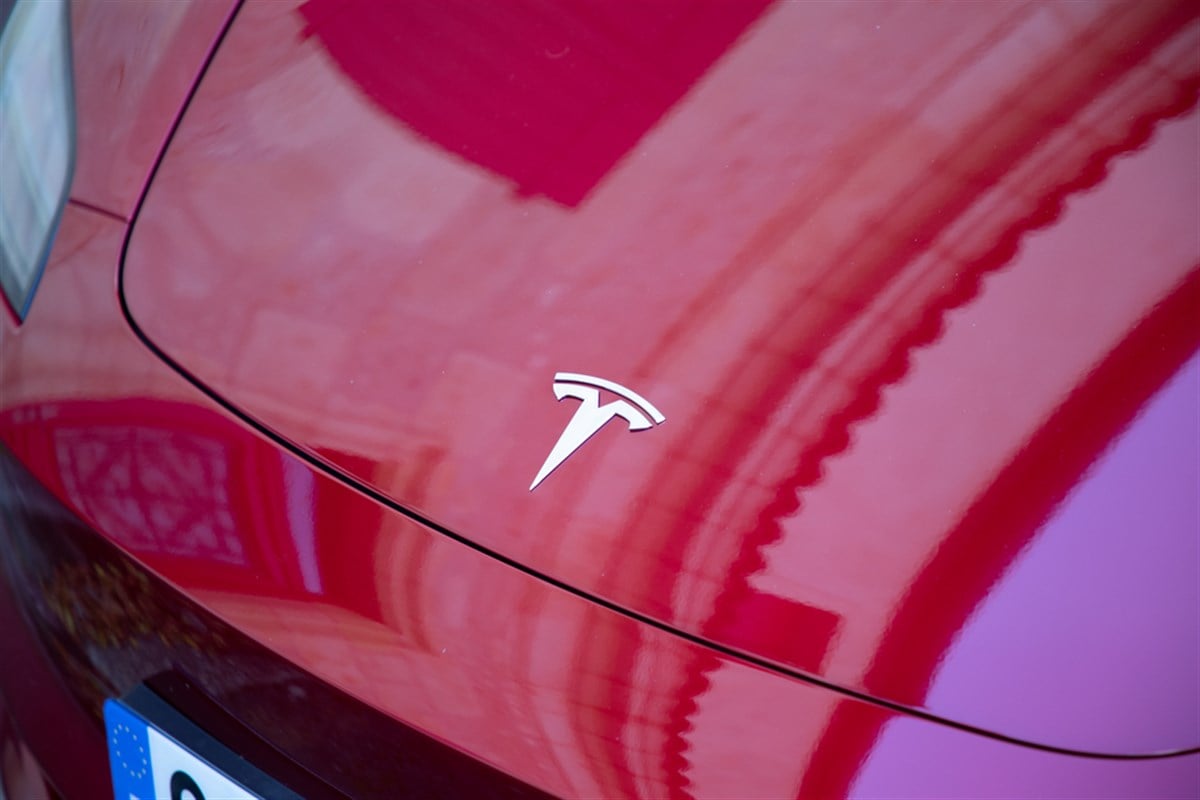Financial News
More News
View More
3 Retailers at 52-Week Highs With More Room to Run ↗
Today 12:15 EST
3 Strong Dividend Growers for Income Without Rate Risk ↗
Today 11:00 EST
This ETF Is Up 146% as the Battle Over Rare Earths Heats Up ↗
Today 10:34 EST
D-Wave’s Year in Review: 2025 Wins Set the Stage for 2026 ↗
Today 9:25 EST
Recent Quotes
View More
Stock Quote API & Stock News API supplied by www.cloudquote.io
Quotes delayed at least 20 minutes.
By accessing this page, you agree to the Privacy Policy and Terms Of Service.
Quotes delayed at least 20 minutes.
By accessing this page, you agree to the Privacy Policy and Terms Of Service.
© 2025 FinancialContent. All rights reserved.









